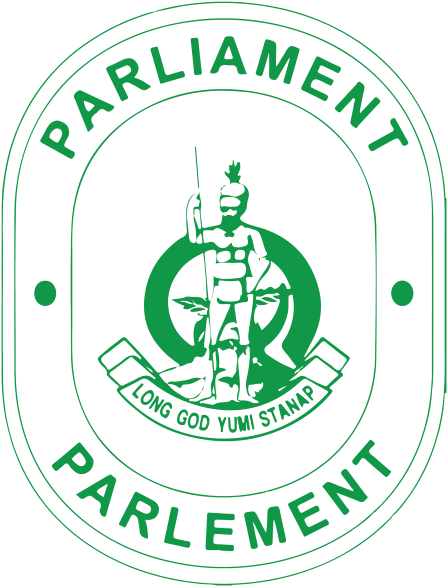Parliamentary Standing Committees
Parliament automatically resolves itself into the Committee of the Whole House under the chairmanship of the speaker when debating a private or government Bill. They are often referred to as the ‘workhorses’ of a parliament. It is at the committee stage that the text of parliamentary bills is revised and refined to ensure that it is correct and ready for debate by the full Parliament
Parliamentary committees are part of the oversight mechanisms that operate in parliamentary democracies. They are expected to pay close attention to bills put forward by government and raise questions and concerns about what the legislation is intended to achieve, and how. One of the most important and potentially powerful committees is the Public Accounts Committee. Its job is to scrutinize how government through ministries, departments and other agencies spends public money.
Committees are able to liaise with the wider society about proposed legislation. They can invite submissions from civil society organizations, the private sector and academics about the issues that a parliamentary bill is intended to address.
Special or standing committees may also be formed. These committees may not include more that seven Members. Each committee appoints it's own chairman. The chairman of the committee has the same power and duties as the speaker of Parliament on all matters which Parliament refers to that committee.
Facts
- The Standing Committees were established by resolution of Parliament upon the leader of the Government Business giving notice of motion to establish Standing committees.
- Article 23 of the Constitution states: “Parliament may establish committees and appoint members to them”
- The members of the standing Committees are nominated by the Prime Minister and the Leader of the Opposition representing proportionally the political parties represented in Parliament.
- The Chairman and Vice Chairman of the Standing Committees are elected by the Committees among their Members.
- The term of office of the Standing Committees is four (4) years.
- A Minister is not eligible to be appointed as a member of the Standing Committees and if a member, after his appointment to a Standing Committees, is appointed a Minister, he ceases to be a member of a Standing Committee from the date of such appointment.
Why appoint committees?
The role of committees is to investigate and to draw attention to what they find. They throw ‘light in dark corners’ and give advice.
Committees were appointed specifically to do work that the Chamber is not suited to do
- allow time for deeper consideration for issues (eg. Bills... )
- allow policy makers and administrators to be questioned
- allow expert advice to be gathered
- allow community opinion to be expressed
What is the value of committees?
- work of parliament spread evenly among MPs. As well as parliament extracting this value from committees, MPs can get considerable personal benefit from working on committees.
- MPs develop specialised knowledge. Young MPs who contribute actively to committee work can establish a knowledge-base and a profile and reputation which can advance their political ambitions and their careers beyond politics. MPs may used committees to build their political profile well which can see them subsequently appointed to ministerial positions.
- Committees can exert enormous influence on public spending, policy and administration through their work.
- Parliament to the People
Number of the Standing Committees:
- Parliament has therefore establish four Standing Committees
- The Prime Minister and the Leader of the Opposition have appointed the members to the said Standing Committees.
The membership of the four Parliamentary Standing Committees are therefore as follow:
